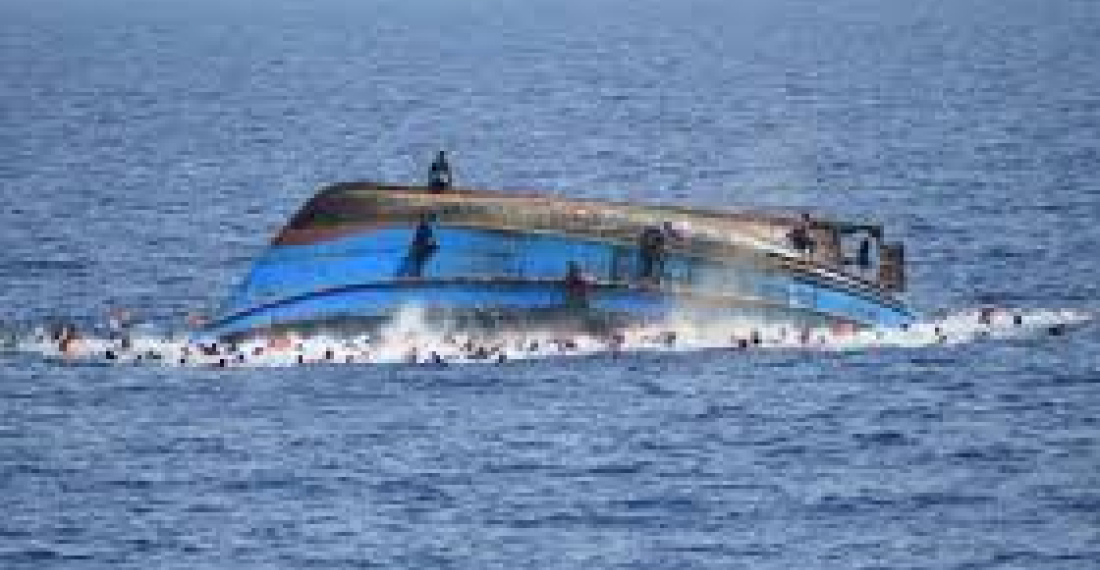The UN's International Organisation for Migration (IOM) reported on Sunday (25 August) that at least 13 people have died and 14 others are missing after a boat sank off the coast of Yemen on Tuesday (20 August). The dead include 11 men and two women, while a search is underway for the missing, including the Yemeni captain and his assistant, the IOM said. The cause of the shipwreck remains unknown.
"This latest tragedy is a stark reminder of the dangers faced by migrants on this route," said Matt Huber, acting head of the IOM mission in Yemen. "Every life lost in these perilous waters is one too many. It is imperative that we do not normalise these devastating losses and instead work together to ensure that migrants are protected and supported throughout their journeys."
The IOM noted that Tuesday's incident follows similar shipwrecks in June and July, highlighting the continued risks faced by migrants using the route and their reliance on smuggling networks. Every year, tens of thousands of refugees and migrants from the Horn of Africa fleeing conflict, natural disasters or poor economic conditions set out across the Red Sea in the hope of reaching the oil-rich Gulf. In 2023, the IOM recorded more than 97,200 arrivals in Yemen, exceeding the previous year's figures. But those who make it to Yemen often face further dangers, as the country has been ravaged by nearly a decade of civil war. Many migrants aim to reach Saudi Arabia and other Gulf countries to find work as labourers or domestic workers.







